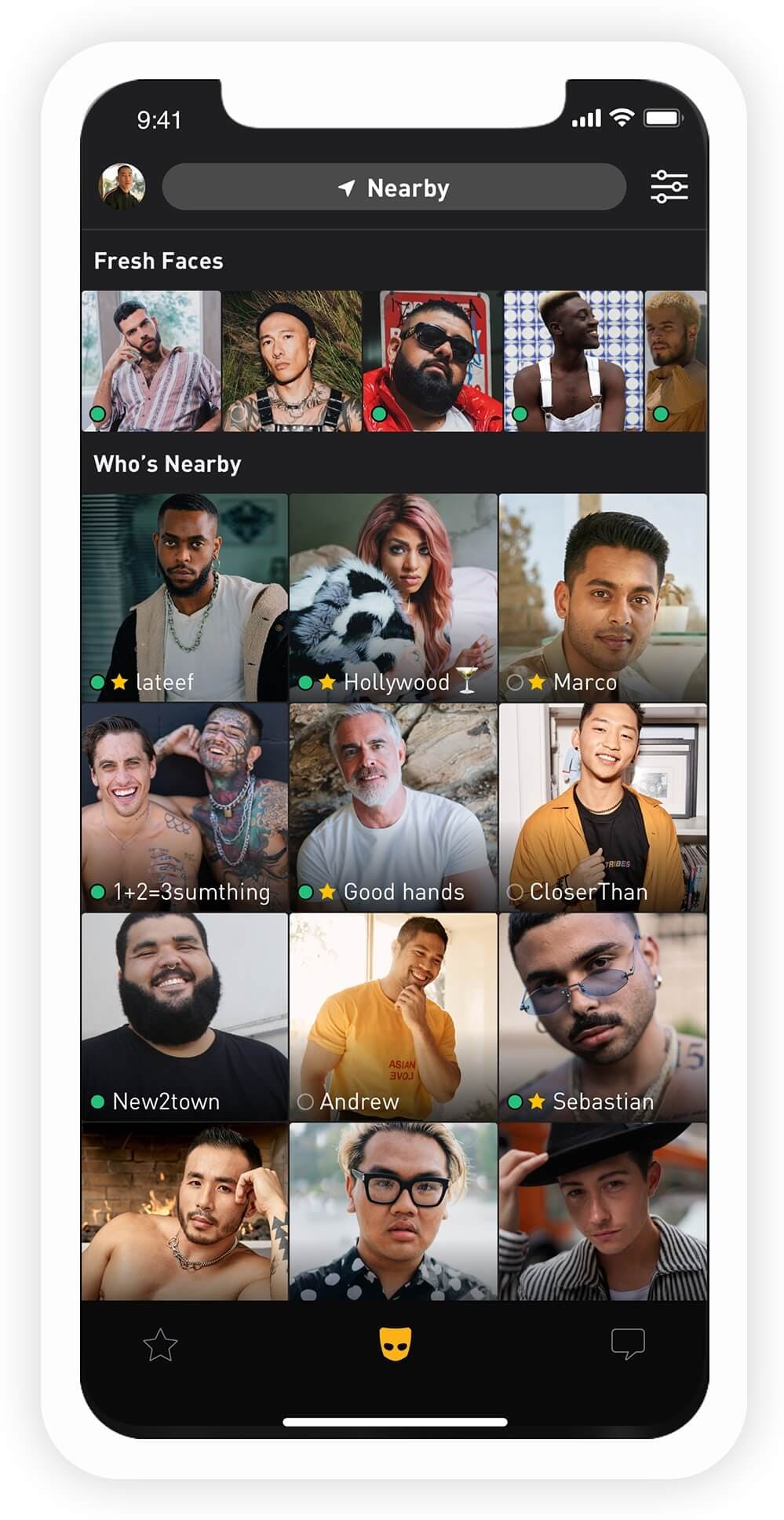Intercourse on Campus
Identity-
Totally Free
Identification
Politics
A written report from
the agender,
aromantic, asexual
forward range.
Photos by
Elliott Brown, Jr.
NYU class of 2016
“Presently, we declare that i will be agender.
I am eliminating myself from social construct of gender,” says Mars Marson, a 21-year-old NYU movie significant with a thatch of brief black hair.
Marson is talking-to myself amid a roomful of Queer Union students during the class’s LGBTQ student center, in which a front-desk container offers free keys that allow visitors proclaim their particular favored pronoun. On the seven college students obtained during the Queer Union, five prefer the singular
they,
meant to denote the sort of post-gender self-identification Marson describes.
Marson came to be a woman naturally and was released as a lesbian in twelfth grade. But NYU was a revelation â somewhere to understand more about transgenderism and decline it. “I don’t feel linked to the phrase
transgender
since it feels a lot more resonant with binary trans folks,” Marson says, discussing people who want to tread a linear path from female to male, or vice versa. You can point out that Marson plus the additional pupils during the Queer Union identify as an alternative with being somewhere in the midst of the trail, but that’s nearly correct sometimes. “In my opinion âin the middle’ nonetheless leaves male and female just like the be-all-end-all,” says Thomas Rabuano, 19, a sophomore drama major exactly who wears makeup products, a turbanlike headband, and a flowy top and dress and alludes to woman Gaga and the homosexual character Kurt on
Glee
as huge adolescent character versions. “i love to imagine it outside.” Everyone in the group
m4m hookups-hmmm
s approval and snaps their particular hands in agreement. Amina Sayeed, 19, a sophomore from Diverses Moines, believes. “old-fashioned women’s clothes tend to be elegant and colorful and accentuated the point that I had tits. We hated that,” Sayeed says. “So now we point out that i am an agender demi-girl with link with the female digital gender.”
On the far side of university identity politics
â the spots as soon as occupied by lgbt college students and soon after by transgender people â you now select purse of students like these, young people for who attempts to classify identity feel anachronistic, oppressive, or painfully irrelevant. For earlier years of homosexual and queer communities, the strive (and exhilaration) of identity exploration on campus will look notably familiar. Although differences nowadays tend to be hitting. The existing project isn’t only about questioning your own identification; it’s about questioning the very nature of identity. You may not end up being a boy, you may possibly not be a female, either, and how comfy could you be making use of the concept of becoming neither? You may want to sleep with men, or women, or transmen, or transwomen, and you also should come to be psychologically involved with all of them, also â but maybe not in identical combo, since why should the romantic and intimate orientations always have to be exactly the same thing? Or exactly why think about positioning at all? Your own appetites may be panromantic but asexual; you will recognize as a cisgender (maybe not transgender) aromantic. The linguistic choices are nearly endless: an abundance of language meant to articulate the part of imprecision in identity. And it’s really a worldview that is a whole lot about terms and emotions: For a movement of young people driving the boundaries of desire, it would possibly feel amazingly unlibidinous.

A Glossary
The Hard Linguistics associated with the Campus Queer Movement
A few things about sex have not changed, and do not will. But for people just who decided to go to college many years ago â as well as just a few years ago â many newest intimate terminology is not familiar. Here, a cheat sheet.
Agender:
a person who determines as neither male nor feminine
Asexual:
a person who does not experience sexual desire, but just who can experience passionate longing
Aromantic:
an individual who doesn’t discover intimate longing, but does knowledge sexual desire
Cisgender:
perhaps not transgender; their state in which the gender you determine with matches the only you had been assigned at beginning
Demisexual:
a person with limited sexual desire, usually believed only relating to strong mental link
Gender:
a 20th-century constraint
Genderqueer:
someone with an identification away from standard sex binaries
Graysexual:
a very broad phase for someone with minimal sexual interest
Intersectionality:
the belief that sex, competition, course, and intimate positioning can’t be interrogated individually from a single another
Panromantic:
a person who is actually romantically contemplating any person of any sex or positioning; this does not always connote associated intimate interest
Pansexual:
someone who is sexually contemplating any person of any gender or direction
Reporting by
Allison P. Davis
and
Jessica Roy
Robyn Ochs, an old Harvard officer who was on college for 26 decades (and just who started the school’s class for LGBTQ professors and team), views one significant reasons why these linguistically challenging identities have unexpectedly become so popular: “I ask younger queer folks the way they discovered labels they explain themselves with,” states Ochs, “and Tumblr could be the # 1 answer.” The social-media program features produced so many microcommunities globally, including Queer Muslims, Queers With Disabilities, and Trans Jewry. Jack Halberstam, a 53-year-old self-identified “trans butch” teacher of sex studies at USC, specifically alludes to Judith Butler’s 1990 publication,
Gender Difficulty,
the gender-theory bible for university queers. Prices from it, such as the a lot reblogged “There’s no gender identification behind the expressions of gender; that identification is actually performatively constituted because of the really âexpressions’ which happen to be said to be its effects,” became Tumblr lure â even the world’s the very least probably viral material.
But the majority of associated with queer NYU college students we talked to don’t come to be truly knowledgeable about the vocabulary they now use to describe on their own until they attained college. Campuses tend to be staffed by managers which arrived of age in the 1st trend of political correctness at the top of semiotics-deconstruction mania. In school now, intersectionality (the theory that battle, class, and gender identification are connected) is main with their way of comprehending almost everything. But rejecting classes altogether is sexy, transgressive, a good option to win an argument or feel unique.
Or maybe that is as well cynical. Despite how extreme this lexical contortion might seem to some, the scholars’ really wants to establish on their own outside of gender felt like an outgrowth of acute pain and deep marks from becoming elevated inside the to-them-unbearable part of “boy” or “girl.” Developing an identity this is certainly defined in what you
aren’t
does not seem especially simple. We ask the scholars if their new cultural permit to understand themselves beyond sex and sex, in the event the absolute plethora of self-identifying choices they’ve â particularly Twitter’s much-hyped 58 sex selections, sets from “trans person” to “genderqueer” into the vaguely French-sounding “neutrois” (which, based on neutrois.com, should not be defined, because extremely point of being neutrois would be that your sex is actually specific for your requirements) â occasionally actually leaves them experience just as if they’re boating in space.

“I believe like I’m in a chocolate store so there’s each one of these different alternatives,” says Darya Goharian, 22, an elderly from an Iranian family members in a rich D.C. suburb just who identifies as trans nonbinary. Yet perhaps the term
solutions
are as well close-minded for some within the group. “I just take issue thereupon word,” claims Marson. “It makes it look like you’re choosing to end up being anything, if it is perhaps not a variety but an inherent element of you as one.”
Amina Sayeed recognizes as an aromantic, agender demi-girl with link with the feminine digital gender.
Picture:
Elliott Brown, Jr., NYU class of 2016
Levi Back, 20, is actually a premed who was very nearly kicked off community senior school in Oklahoma after developing as a lesbian. But now, “we determine as panromantic, asexual, agender â assuming you want to shorten it all, we could simply get as queer,” Back states. “I don’t encounter sexual attraction to any individual, but i am in a relationship with another asexual person. We don’t make love, but we cuddle everyday, kiss, write out, keep hands. Whatever you’d see in a PG rom-com.” Straight back had formerly outdated and slept with a female, but, “as time continued, I was less interested in it, also it became more like a chore. I am talking about, it felt great, however it decided not to feel just like I happened to be creating a good hookup throughout that.”
Now, with Back’s current gf, “a lot of the thing that makes this connection is actually our very own psychological link. And exactly how open we’re with one another.”
Straight back has begun an asexual group at NYU; between ten and 15 individuals generally arrive to conferences. Sayeed â the agender demi-girl â is among all of them, as well, but recognizes as aromantic as opposed to asexual. “I had had intercourse by the point I was 16 or 17. Women before guys, but both,” Sayeed states. Sayeed continues to have sex sporadically. “But I don’t discover any kind of enchanting attraction. I experienced never ever understood the technical word for it or any. I’m still capable feel love: I love my pals, and I love my family.” But of falling
in
really love, Sayeed says, without the wistfulness or question this might transform afterwards in daily life, “i assume i simply don’t realise why I actually ever would at this point.”
A whole lot of the personal politics of history involved insisting on the straight to rest with any individual; now, the libido looks these a small part of this politics, which include the authority to say you may have virtually no aspire to rest with anyone anyway. That will apparently work counter with the a lot more traditional hookup society. But instead, perhaps here is the next rational action. If connecting has carefully decoupled gender from romance and thoughts, this activity is making clear that you may have love without gender.
Even though the rejection of intercourse just isn’t by choice, necessarily. Max Taylor, a 22-year-old transman junior at NYU just who additionally identifies as polyamorous, claims it’s been more challenging for him as of yet since he began taking hormones. “i cannot head to a bar and get a straight girl and just have a one-night stand easily anymore. It can become this thing where if I wish to have a one-night stand i need to explain i am trans. My personal share men and women to flirt with is actually my area, where a lot of people learn one another,” states Taylor. “Mostly trans or genderqueer people of tone in Brooklyn. It feels as though i am never ever going to meet someone at a grocery store again.”
The complex language, too, can work as a coating of defense. “You could get very comfortable only at the LGBT middle and obtain always people inquiring your own pronouns and everybody once you understand you are queer,” says Xena Becker, 20, a sophomore from Evanston, Illinois, exactly who determines as a bisexual queer ciswoman. “but it is however truly depressed, difficult, and complicated most of the time. Just because there are other words does not mean your feelings are much easier.”
Additional reporting by Alexa Tsoulis-Reay.
*This post appears for the October 19, 2015 issue of
Ny
Magazine.
